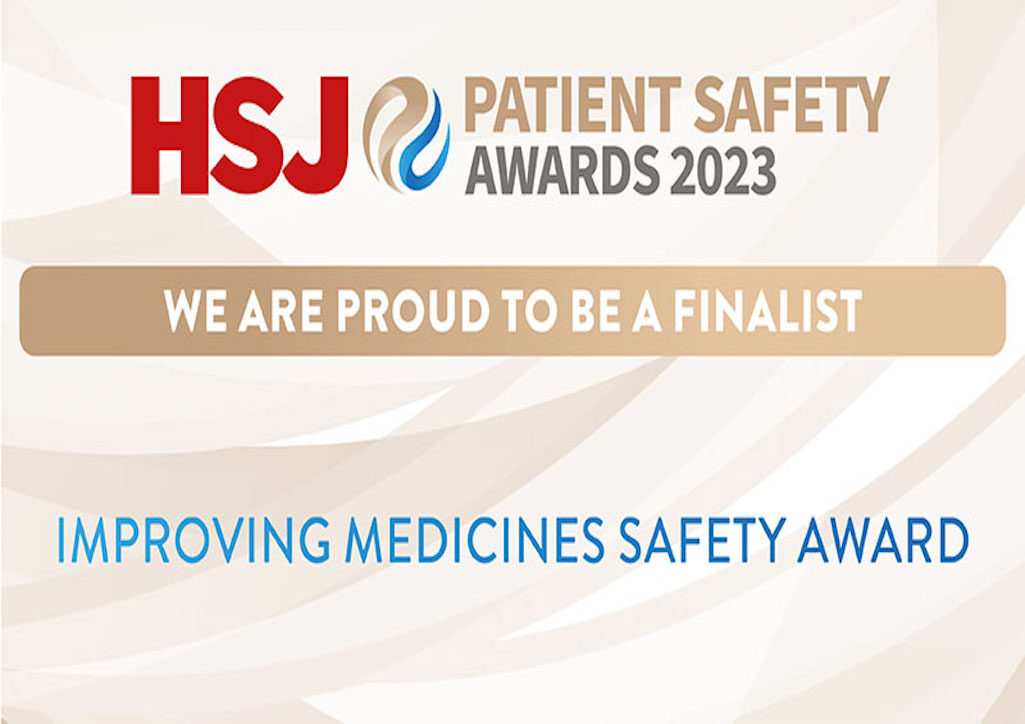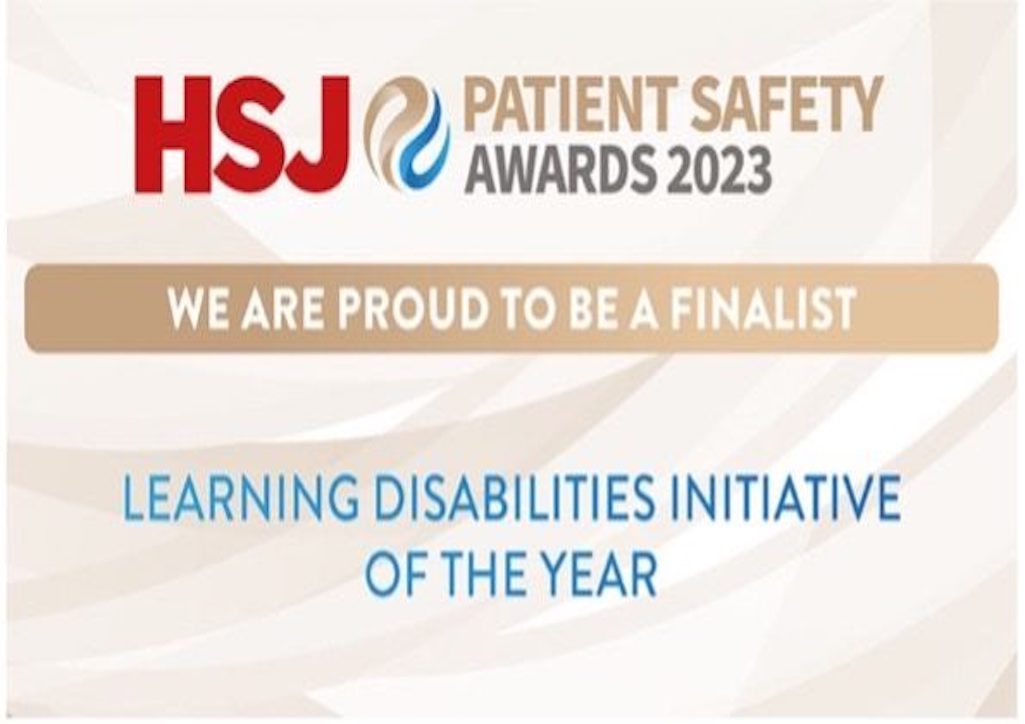We achieved a system-wide enhancement in healthcare service delivery, decision-making efficiency, and operational effectiveness through advanced data management and performance analytics.
Background
In 2020, the Lancashire and South Cumbria (LSC) area started special health networks following a national plan. These networks, called Integrated Care System (ICS) networks, aim to make health services better by working together on big projects. This includes hiring staff, funding requests, and planning how to use resources at an ICS level. These networks bring together all major hospitals and a central team of experts in areas like change management, hiring, technology, buying, and data. In 2021, NHS Midlands and Lancashire CSU (MLCSU) was asked to help the Diagnostic Imaging Network (DIN) with tasks like gathering, analysing, and showing data.
Action
Since our appointment, our collaboration with the network’s professionals has been pivotal in spearheading and sustaining key initiatives:
– Spearheaded the formation and oversight of a data workstream
– Launched a capacity and demand model tailored for the LSC, allowing for the alignment of healthcare resources with patient needs
– Innovated a localised imaging dataset, which is a crucial repository for medical imaging data, specific to our region
– Established a performance dashboard at the ICS level, providing a comprehensive view of our operational achievements and areas for improvement.
Impact
By offering business intelligence support to the LSC Diagnostic Imaging Network (DIN), we’ve set up wide-reaching methods for system modelling, data analysis, and monitoring performance. These methods have been crucial in providing solid evidence to support the hiring of new staff, the purchasing of equipment, and planning operations.
Operating from a central hub, the MLCSU can accurately and securely process data from the four trusts, both on a national scale and at an individual level. Our essential tools and resources have been fundamental in advancing the network’s projects. The smooth flow of data, our data-sharing agreements, and tools like the Aristotle platform have significantly enhanced the success of each project we undertake.
Our pre-established connections with healthcare providers throughout the system give us a broad network that enables quick and effective data access, prompt responses to inquiries, and facilitates swift advancements within the system.
In 2023, the remarkable work of the LSC DIN was recognised by a nomination for the HSJ Awards, intended to showcase its beneficial impact beyond the Northwest region. Our neighbouring System DINs within the Northwest are already looking to adopt similar initiatives, acknowledging the positive ripple effect our efforts have had throughout the NHS.
As LSC continues to introduce more diagnostic networks, there’s a clear trend of these new networks wanting to replicate the DIN’s successful framework and projects. This movement serves as a testament to the significant and positive influence our network has established, particularly in the realm of data management, serving as a model and benchmark for others to follow.
Feedback
“Ross has been a real asset to the Diagnostic Imaging Network team. He has provided business intelligence specialist expertise as an embedded programme resource, building strong relationships to work collaboratively with key stakeholders within our acute trusts. The development of a suite of business intelligence driven ‘products’, housed within an online network dashboard which sits on the MLCSU Aristotle platform, supports accurate, consistent reporting against national targets, a focus on performance improvement, identification of mutual aid opportunities, capacity and demand modelling, and the provision of evidence to support service and business planning.”
Claire Kindness-Cartwright | Senior Programme Manager | LSC Diagnostic Imaging Network.


















